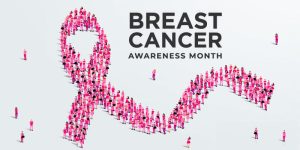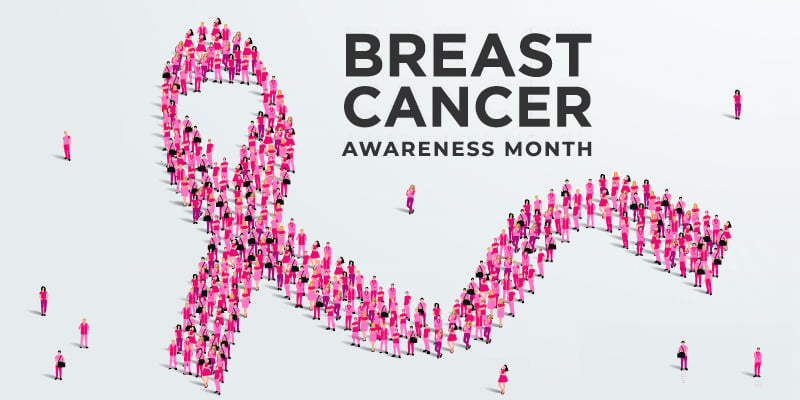The theme for Pink October 2024, as promoted by the WHO, focuses on raising global awareness about breast cancer, with an emphasis on early detection and education about symptoms. This is aligned with their long-standing efforts to promote screening, early identification, and access to treatment, especially in low-resource settings where survival rates can be lower due to late diagnoses.

The WHO encourages efforts to educate the public on the importance of regular self-examinations, clinical exams, and mammograms, as early-stage breast cancer has a higher treatment success rate. Their awareness campaigns also highlight prevention strategies, including lifestyle changes, and improving access to medical services for early screening.
This year’s focus encourages communities, workplaces, and healthcare providers to engage in educational activities, offering practical tips and advice on how women can protect their health. Public health messaging continues to stress the curability of early-detected breast cancers, aiming to empower individuals to take proactive steps in monitoring their health.
Every October, the world comes together for Breast Cancer Awareness Month, commonly known as Pink October. This global initiative aims to spread knowledge about breast cancer, the most common cancer among women globally. According to the World Health Organization (WHO), breast cancer accounts for a large number of cancer cases, with millions of new diagnoses every year. The primary goal of Pink October is to raise awareness about the importance of early detection, which can save lives.
Early detection through regular mammograms, clinical breast exams, and self-examinations can identify breast cancer at an earlier, more treatable stage. Women are encouraged to stay informed about their health and risk factors, such as age, family history, and lifestyle choices. Education campaigns during Pink October also focus on debunking myths about breast cancer, improving knowledge about symptoms, and providing support to those affected.
By making breast cancer a central topic in October, the movement encourages conversations between women, families, and communities. It pushes for more women to take preventive actions, engage in screening programs, and seek medical advice when necessary. These efforts align with WHO’s guidelines that stress the importance of early detection and timely treatment in reducing breast cancer mortality.

